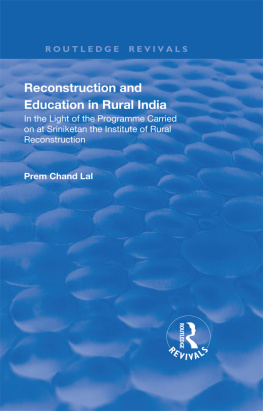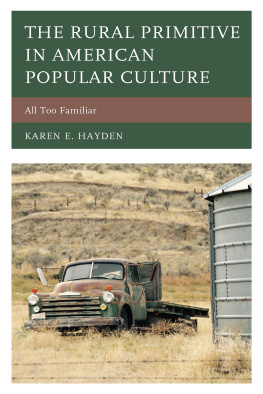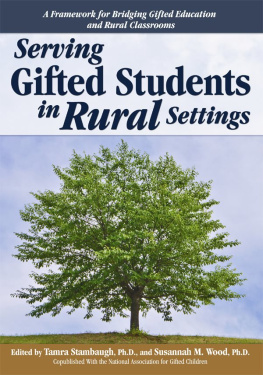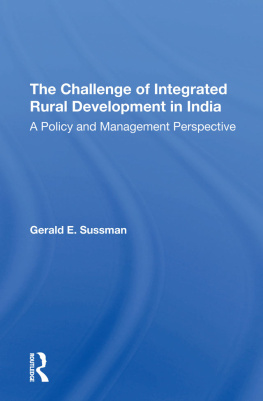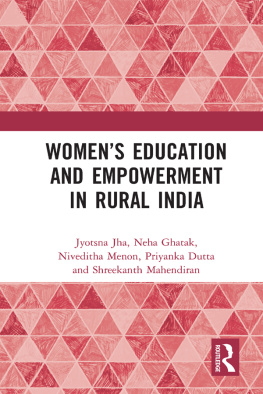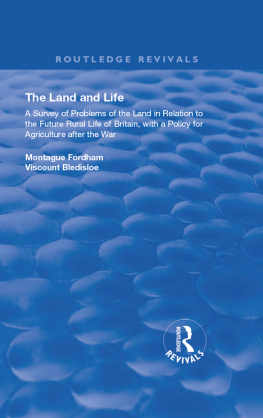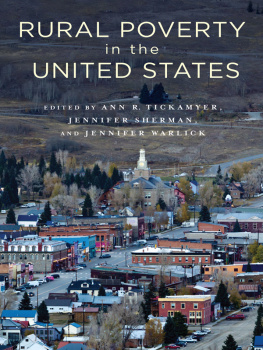First published in 1932 by George Allen & Unwin Ltd.
This edition first published in 2018 by Routledge
2 Park Square, Milton Park, Abingdon, Oxon, OX14 4RN
and by Routledge
711 Third Avenue, New York, NY 10017
Routledge is an imprint of the Taylor & Francis Group, an informa business
1932 Taylor & Francis
All rights reserved. No part of this book may be reprinted or reproduced or utilised in any form or by any electronic, mechanical, or other means, now known or hereafter invented, including photocopying and recording, or in any information storage or retrieval system, without permission in writing from the publishers.
Publishers Note
The publisher has gone to great lengths to ensure the quality of this reprint but points out that some imperfections in the original copies may be apparent.
Disclaimer
The publisher has made every effort to trace copyright holders and welcomes correspondence from those they have been unable to contact.
A Library of Congress record exists under ISBN: 3143671
ISBN 13: 978-1-138-55259-3 (hbk)
ISBN 13: 978-1-315-12281-6 (ebk)
Reconstruction and Education in Rural India
Preface
O F all the problems that India presents to-day, there are probably none so pressing, none so urgent, as the problems of rural reconstruction and rural education.
In this study I have described what Tagore, who is better known as a poet, philosopher, dramatist and novelist, is doing and has achieved with regard to these problems.
Cities like Bombay and Calcutta do not represent India, and yet they have been exploiting the villages and living on them, hence the degraded condition of the Indian villages.
As the title of the study indicates, the problems are of Bengal villages, but they can very well be the problems of the rest of rural India, and the same measures with very little modification could be employed in the work of rural reconstruction and rural education in those parts.
In places I have criticized the Government for its neglect of these rural problems, and for its being responsible in many ways for the poverty of the villages. These criticisms have been made in a helpful spirit and with the best of intentions, and not from any evil or revolutionary motives. As a humble citizen of the country, it is my right to point out to the Government where it has failed in its duty towards the country it has undertaken to govern. I have at the same time not spared the people themselves, who too are responsible for many of their miseries. The evils of the caste system, the social and religious customs, have not only hampered the path to progress, they have reduced the people further and further to misery and despair.
The keynote of the work of rural reconstruction is cooperation, which will be found running through all the pages of this study. The recommendations which I have made, while based upon a study of a restricted area, may be found helpful to all those interested in these problems. They are by no means exhaustive, and if they are found to be of the least assistance I shall feel that my study has been successful in attaining its purpose.
PREM CHAND LAL.
V ILLAGES are like women. In their keeping is the cradle of the race. They are nearer to nature than towns, and are therefore in closer touch with the fountain of life. They have the atmosphere which possesses a natural power of healing. It is the function of the village, like that of woman, to provide people with their elemental needs, with food and joy, with the simple poetry of life, and with those ceremonies of beauty which the village spontaneously produces and in which she finds delight. But when constant strain is put upon her through the extortionate claim of ambition; when her resources are exploited through the excessive stimulus of temptation, then she becomes poor in life and her mind becomes dull and uncreative. From her time-honoured position of the wedded partner of the city she is degraded to that of maidservant, while, in its turn, the city, in its intense egotism and pride, remains unconscious of the devastation it constantly works upon the very source of its life and health and joy.
Cities there must be in mans civilization, just as in higher organisms there must be organized centres of life, such as the brain, heart or stomach. These never overwhelm the living wholeness of the body; on the contrary, by a perfect federation of their functions, they maintain its richness. But a tumour, round which the blood is congested, is the enemy of the whole body upon which it feeds as it swells. Our modern cities, in the same way, feed upon the whole social organism that runs through the villages; they continually drain away the life-stuff of the community, and slough off a huge amount of dead matter, While assuming a lurid counterfeit of prosperity. Thus, unlike a living heart, these cities imprison and kill the blood and create poison centres filled with the accumulation of death. When a very large body of men come together for the sake of some material purpose, then it is as a congestion and not a congregation. When men are close together and yet develop no intimate bond of human friendship there ensues moral putrefaction. Wherever in the world this modern civilization is spreading its dominion, the life principle of society, which is the principle of personal relationship, is injured at the root.
All this is the result of an almost complete substitution of true civilization by what the West calls Progress. I am never against progress; but when, for its sake, civilization is ready to sell its soul, then I choose to remain primitive in my material possessions, hoping to achieve my civilization in the realm of the spirit.
People, as a whole, do and must live in the village, for it is their natural habitation. But the professions depend upon their special appliances and environment, and therefore barricade themselves with particular purposes, shutting out the greater part of universal nature, which is the cradle of life. The city, in all civilizations, represents this professionalismsome concentrated purpose of the people. That is to say, people have their home in the village and their offices in the city.
We all know that the office is for serving and enriching the home, and not for banishing it into insignificance. But we also know that when, goaded by greed, the gambling spirit gets hold of a man, he is willing to rob his home of all its life and joy and to pour them into the hungry jaws of the office. For a time such a man may prosper, but his prosperity is gained at the cost of happiness. His wife may shine in a blaze of jewellery, rousing envy along the path of her economic triumph, but her spirit withers in secret, thirsting for love and the simple delights of life.

